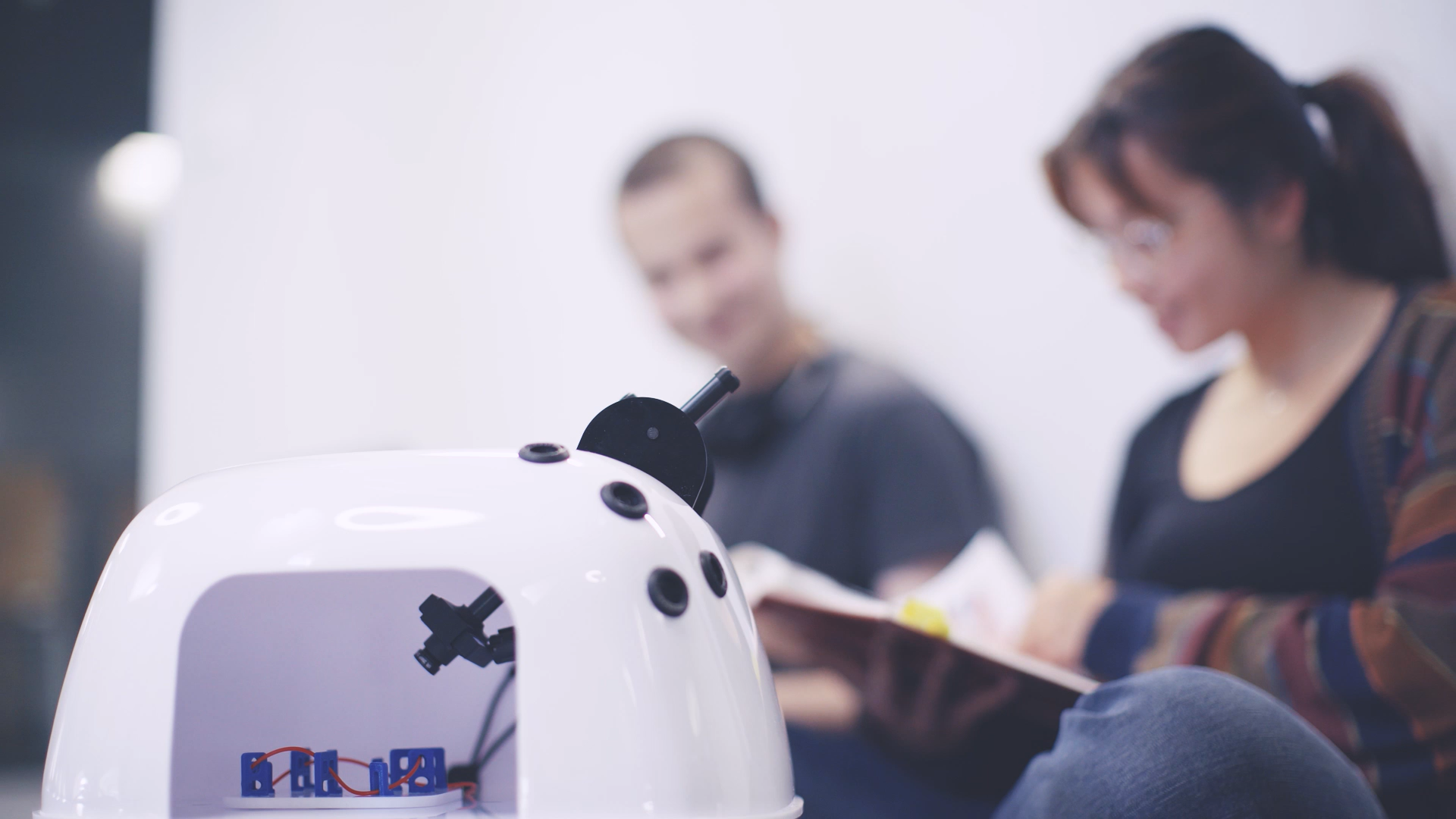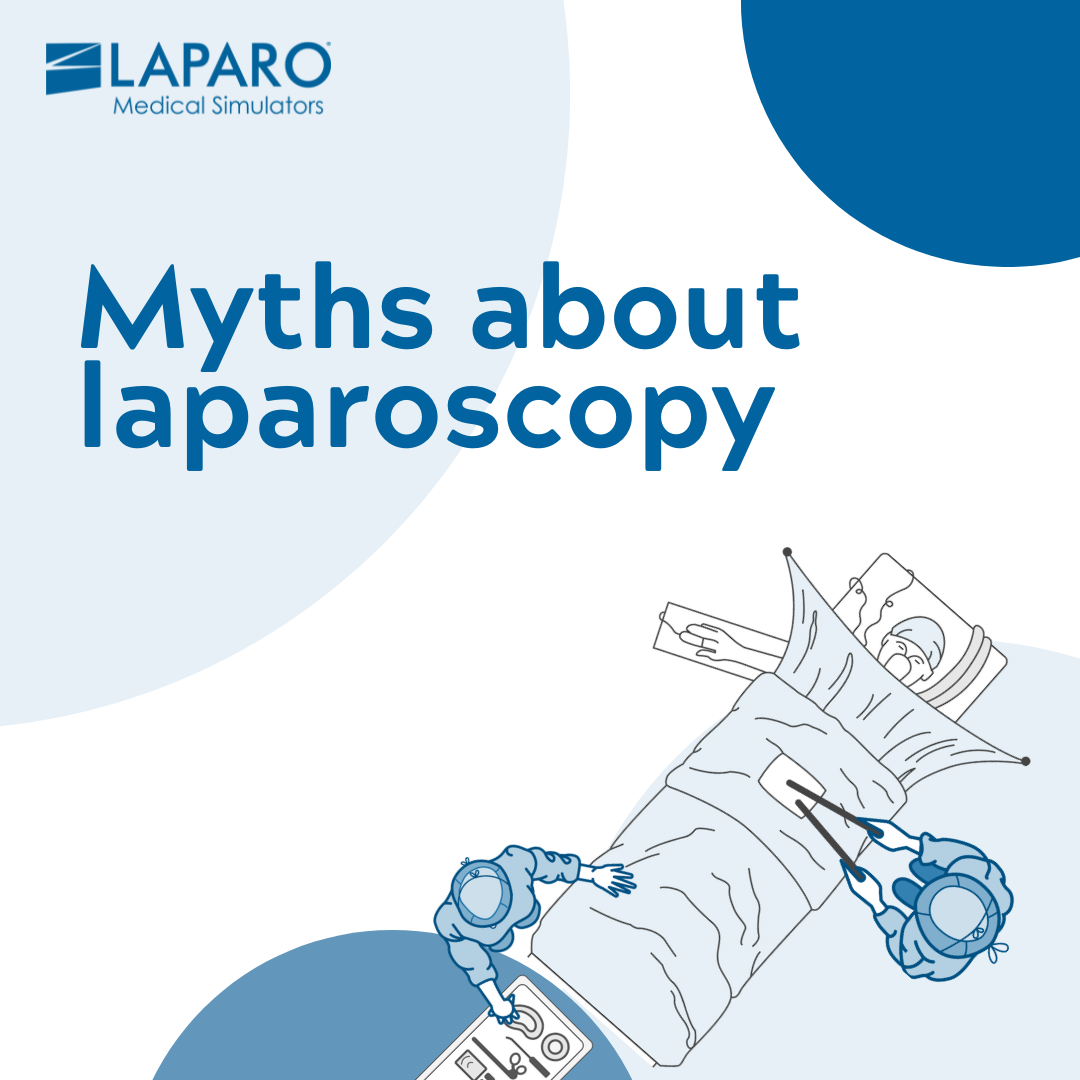Train ‘em Young: The Broader Benefits of Laparoscopic Training
Undergraduate medical training typically does not cover laparoscopic skills, despite the burgeoning demand and popularity that has ensured its establishment as a global norm.

In an evaluation of student and surgeon attitudes to laparoscopic surgical training, Shakir et al. found that 71% of fourth-year medical students wanted access to a basic course in laparoscopic skills.
60% of students stated they would find great benefit in laparoscopic surgical assisting, despite the 79% of the cohort that was either undecided or uninterested in pursuing surgical careers.
What is the value of laparoscopic surgical training other than progression to surgeon status?
The results indicated that basic training can significantly benefit student learning experiences by creating more opportunities for safe participation in the OR, widely critiqued as an unsatisfactory and uninspiring learning environment in the medical literature.
Surgeons surveyed in Shakir’s study were in agreeance that the level of student engagement in the OR depended on a working knowledge of surgical equipment, as well as possessing basic laparoscopic skills.
It comes as no surprise therefore that 66% of students expressed their desire for laparoscopic training as a means to actively participate in theatre training sessions.
With a foundation of basic training, students are able to participate in low-risk tasks such as camera maneuvering and instrument holding, fostering in turn feelings of belonging, enhanced learning, and better overall enjoyment of undergraduate surgical placements.
Furthermore, Shakir argued that student exposure to laparoscopic training and surgical assisting allowed for a “surgeons-eye-view” in the study of anatomy, explaining that due to declining rates of dissections in medical schools in favor of plastic models and digital resources, it would add real value to prior theoretical understanding, and improve student learning.
Finally, the acquisition of skills in dexterity, depth-perception, counter-intuitive fulcrum handling, and bimanual manipulation is greatly valued in medical careers other than that of the laparoscopic surgeon, further building the case for laparoscopic training to begin in medical school.
There are broader opportunities for students and institutions that come with the investment in laparoscopic training programs, and the benefits of enhanced learning and better student engagement are valuable considerations.

